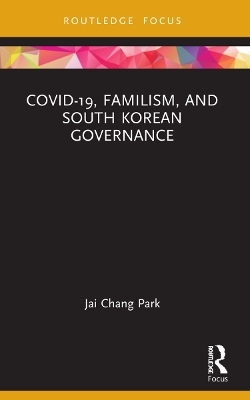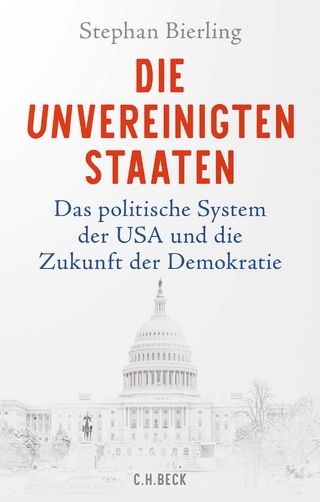
COVID-19, Familism, and South Korean Governance
Seiten
2023
Routledge (Verlag)
978-1-032-14717-8 (ISBN)
Routledge (Verlag)
978-1-032-14717-8 (ISBN)
This book traces the factors that contributed to the success in controlling the COVID-19 pandemic in South Korea, and identifies the concept of familism as a major environmental factor.
This book traces the factors that contributed to the success in controlling the COVID-19 pandemic in South Korea and identifies the concept of familism as a major environmental factor.
The government of South Korea has achieved remarkable outcomes in its COVID-19 response, despite the fact that South Korea usually promotes a family-focused investment of resources at the expense of broader social goals. The author eschews these western cultural biases in theories of crisis management and suggests that the key component of South Korea’s success is not self-centered egotism of individuals but a focus on family and familism, which projects state as an extension of family. He argues that while the success in managing the COVID-19 epidemic is due to a combination of factors, familism has been a key force in driving this successful response to the COVID-19 outbreak.
The book will be of interest to scholars and students of governance, crisis management, civil society, and citizen’s participation in public administration, international relations, Asian studies, and cultural studies and Confucianism.
This book traces the factors that contributed to the success in controlling the COVID-19 pandemic in South Korea and identifies the concept of familism as a major environmental factor.
The government of South Korea has achieved remarkable outcomes in its COVID-19 response, despite the fact that South Korea usually promotes a family-focused investment of resources at the expense of broader social goals. The author eschews these western cultural biases in theories of crisis management and suggests that the key component of South Korea’s success is not self-centered egotism of individuals but a focus on family and familism, which projects state as an extension of family. He argues that while the success in managing the COVID-19 epidemic is due to a combination of factors, familism has been a key force in driving this successful response to the COVID-19 outbreak.
The book will be of interest to scholars and students of governance, crisis management, civil society, and citizen’s participation in public administration, international relations, Asian studies, and cultural studies and Confucianism.
Dr. Jai Chang Park earned his doctorate in Public Administration from the State University of New York at Albany and is serving as a professor emeritus of Public Administration Department at the Sookmyung Women’s University in Seoul, Korea.
Chapter 1 Introduction Chapter 2 Seeking Crisis Response Implementation Governance Chapter 3 South Korea's Sociocultural Characteristics and State Chapter 4 South Korea's COVID-19 Response Implementation Governance Chapter 5 Outcomes of COVID-19 Response Implementation Governance Chapter 6 Conclusion
| Erscheinungsdatum | 05.10.2021 |
|---|---|
| Zusatzinfo | 1 Tables, black and white; 1 Line drawings, black and white; 1 Illustrations, black and white |
| Verlagsort | London |
| Sprache | englisch |
| Maße | 138 x 216 mm |
| Gewicht | 120 g |
| Themenwelt | Geisteswissenschaften ► Philosophie |
| Sozialwissenschaften ► Politik / Verwaltung ► Politische Systeme | |
| Sozialwissenschaften ► Politik / Verwaltung ► Politische Theorie | |
| Sozialwissenschaften ► Politik / Verwaltung ► Staat / Verwaltung | |
| ISBN-10 | 1-032-14717-2 / 1032147172 |
| ISBN-13 | 978-1-032-14717-8 / 9781032147178 |
| Zustand | Neuware |
| Informationen gemäß Produktsicherheitsverordnung (GPSR) | |
| Haben Sie eine Frage zum Produkt? |
Mehr entdecken
aus dem Bereich
aus dem Bereich
Das politische System der USA und die Zukunft der Demokratie
Buch | Hardcover (2025)
C.H.Beck (Verlag)
CHF 39,20
Russland, Europa, Amerika
Buch | Softcover (2025)
C.H.Beck (Verlag)
CHF 25,20


